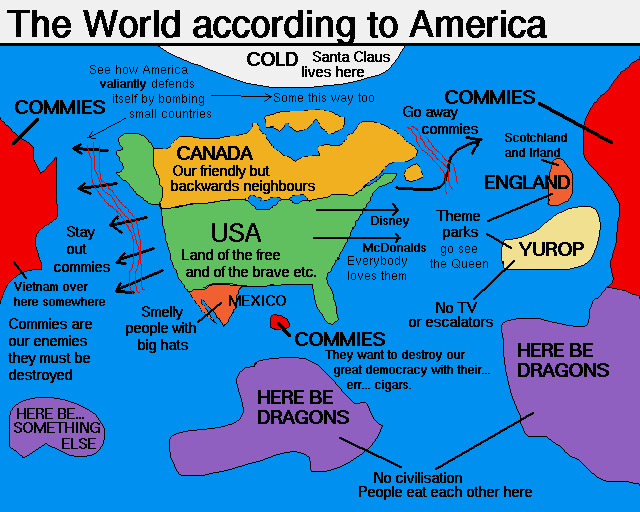 You may have heard about the new book, No One Would Listen. The book was written by Harry Markopolos, who for years tried to tell people at the SEC about Bernie Madoff's ponzi scheme. No one would listen for two reasons (that he claims).
You may have heard about the new book, No One Would Listen. The book was written by Harry Markopolos, who for years tried to tell people at the SEC about Bernie Madoff's ponzi scheme. No one would listen for two reasons (that he claims).1) Bernie Madoff is too big and powerful. Look at the people who invest with him. Look at the kind of money that he makes. It is simply impossible for someone this powerful to run a ponzi scheme.
--Markopolos claimed that Madoff's returns, a 45 degree angle, "are only present in geometry class." He wrote copious letters to different people in the SEC, but no one took his evidence seriously.
2) The SEC is run by incompetent lawyers. Instead of putting financial men in charge, the SEC put lawyers in charge. The lawyers didn't know anything about the way that the money buisness worked, and therefore found themselves unable to notice when financial men took diabolical liberties with the law.
-- On the daily show he said that he would "love to get in there and fire some people."
This makes me wonder, should we trust anyone merely because they appear "really good" at what they are doing. Let us take this moment to think of all the times that we took information on authority. Now, let's think about all the times that those people were wrong. It seems counterintuitaive, we want to trust the successful, but there has to be a better way to find people to trust.





























